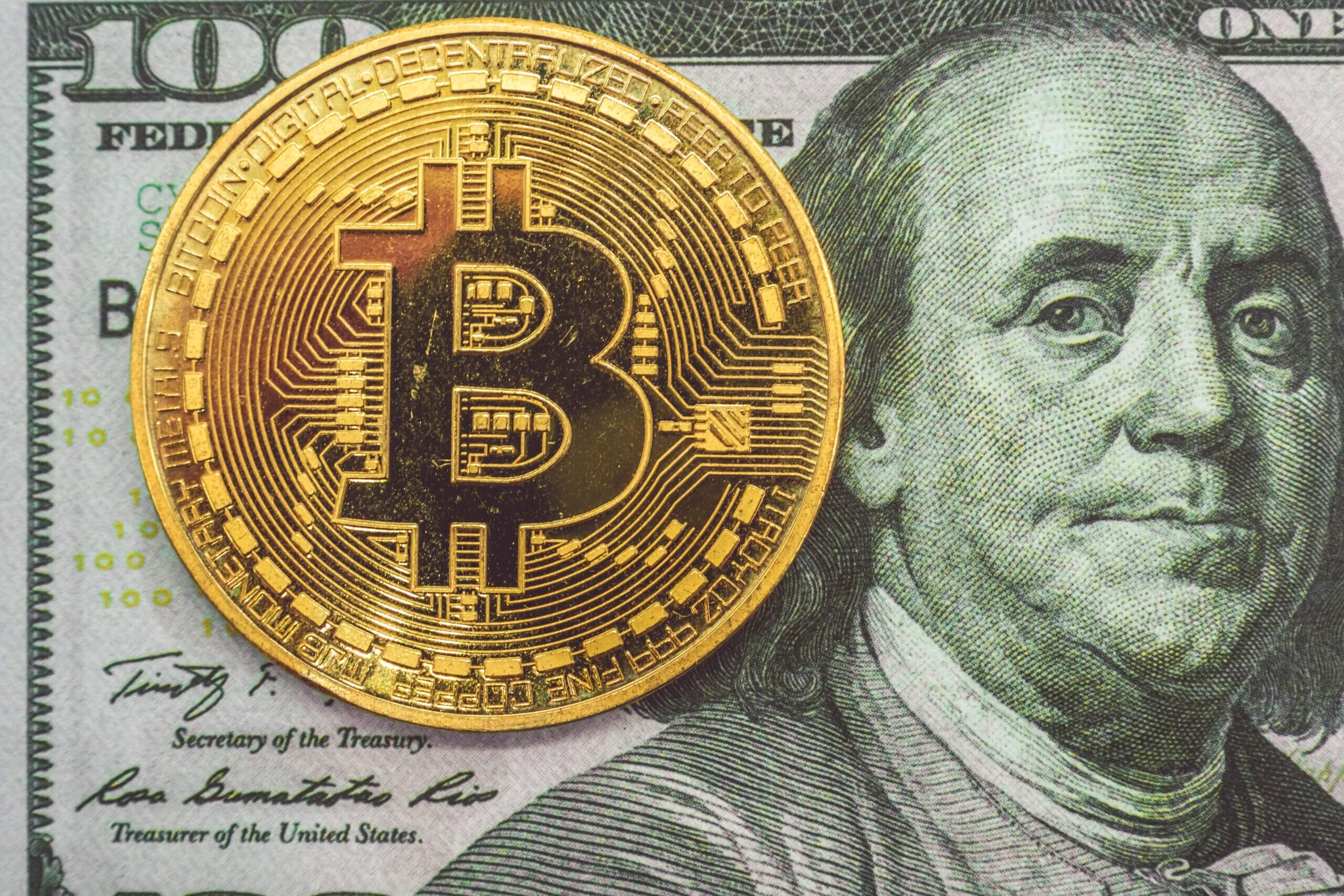The announcement last week by El Salvador’s President Nayib Bukele that his country would be adopting bitcoin as legal tender, made during a live broadcast at the Bitcoin 2021 conference held in Miami, and subsequently approved four days later by the Central American country’s Parliament, sent the cryptocurrency’s share price up by 5%.
In recent weeks, Bitcoin’s value had been hit by increasingly stringent controls over its use in China, as well as by the FBI’s seizure of a ransom of 75 bitcoins ($4. 4 million) paid by Colonial Pipeline after it was subjected to a cyber attack. The FBI was able to trace some 85% of 64 bitcoins ($2.3 million), transactions, undermining the reputation of cryptocurrencies as secure and anonymous: in fact, bitcoin is now easier to trace than cash.
El Salvador’s decision to adopt bitcoin as legal tender is a boost for the cryptocurrency, and the interest being shown by neighbors such as Argentina, Brazil, Nicaragua, Panama or Paraguay points to a dimensional change that could lead to a mass take-up, despite the reluctance of the governments of more powerful economies. If the decentralized nature of the cryptocurrency already made it practically impossible for any country to prevent the adoption of bitcoin in the future, the possibility of trying to do so if the cryptocurrency is already being used widely practically disappears.
What is driving El Salvador and a growing number of regional economies’ interest in the use of bitcoin as legal tender, despite the IMF’s warnings? Obviously, perceptions of cryptocurrency risk are not the same for strong economies as for those that have long been subject to fluctuations in monetary policy and hyperinflation. Is bitcoin risky? This is a cryptocurrency whose volatility is linked to the ups and downs of its adoption, and is part of something already anticipated in its design: the process of price discovery. New bitcoins will be issued until we reach 21 million units, and while their use will largely depend on what we read in the news and the unpredictable decisions of countries regarding it, the value of bitcoin oscillates naturally, and many take advantage of it to speculate. However, this completely natural price discovery process has nothing to do with the characteristics of the cryptocurrency, and instead reflects how its value is algorithmically determined by a mechanism that is under absolutely no one’s control.
As I have written, the bitcoin adoption process is impossible to stop, fundamentally because the value proposition of bitcoin in the long term — a currency that has its own rules, monetary policy and consensus implemented by software, and with an independent value unaffected by the actions or decisions of any particular actor — is clear, unequivocal and estimated as interesting by many.
Indeed, President Bukele believes that value proposition to the point of making it his country’s official currency. Why? Perhaps because of the technology behind the cryptocurrency, as well as other factors related to political marketing. For many Latin American leaders, such a decision could increase their popularity while earning a reputation as a pioneer that distracts from the many other problems facing them. Moreover, Bukele has not limited himself to adopting bitcoin: he has also proposed his country as a center for bitcoin mining, linked to the exploitation of important resources for the sustainable production of electricity through the exploitation of geothermal energy from its volcanoes.
This is a move that may make sense for several reasons: firstly, despite its volatility, bitcoin’s evolution has been bullish, and there are those who predict much higher values, which while a gamble, from a national perspective is the same as adopting a hard currency with a strong outlook. Secondly, in the case of countries like El Salvador, many of whose problems are to do with the irresponsible use of monetary policies that have often sparked hyperinflation. The case of El Salvador, which adopted the dollar as its official currency in January 2001, is clear: renouncing control of its monetary policy has been positive. And thirdly, we are talking about economies with low banking penetration and that are very dependent on remittances from family members working abroad. Anyone with a simple smartphone can use bitcoin to send remittances and will be great news for people who depend on these remittances and have no bank account.
In the case of countries like El Salvador, bitcoin could be the solution. But the end result of this combination of factors will undoubtedly be a very strong push for the adoption of bitcoin, which implies, for these countries, a self-fulfilling prophecy: taking a big risk by adopting a volatile cryptocurrency, but one that, by its own decision to adopt it, reduces that risk in the hope that its pricing process will end up producing significant capital gains for the country and its citizens. Risk perception depends on many factors, and the signs are that for Latin American economies, adopting bitcoin may be more of an opportunity than a danger.





























